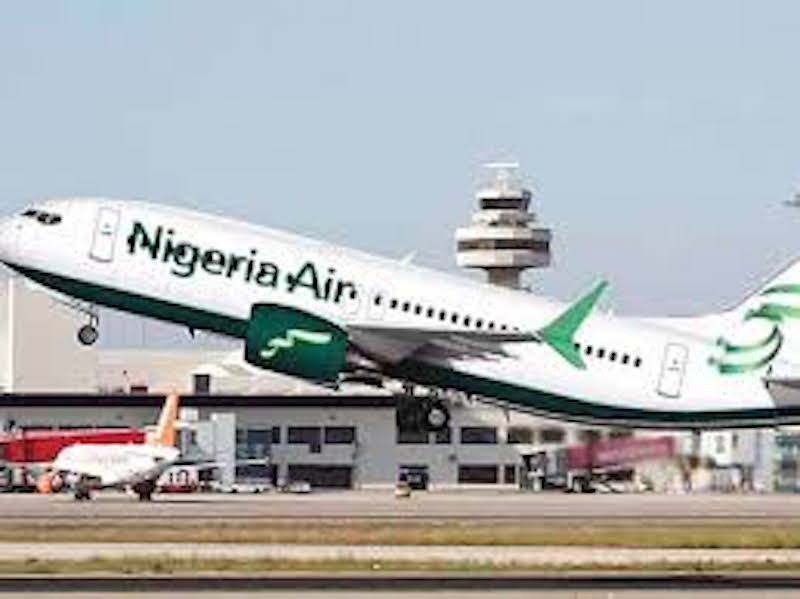There are no products in your shopping cart.
| 0 Items | £0.00 |


NIGERIA'S Civil Aviation Authority (NCAA) is expecting to present the proposed national carrier Nigeria Air with its Air Transport Licence (ATL) later today in a development that will make the airline a legal entity.
In 2018 at the Farnborough Air Show in the UK, aviation minister Senator Hadi Sirika announced plans to launch the national carrier Nigeria Air in December that year. It was to fly to 80 different destinations and would have had a fleet of 30 aircraft but the project was later scrapped after it was discovered that no budgetary provision had been made for the venture.
Since then, the Nigerian government has been desperately trying revive the project, wooing investors and foreign airlines to take out stakes in the venture. In April this year, former Virgin Nigeria Airways boss Captain Dapo Olumide was named as the interim managing director of Nigeria Air as plans to float the new airline with Qatar Airways as a major stakeholder were announced.
Today, the airline is expected to receive its operating license one month after applying to register or start an aviation business in Nigeria, including obtaining permits/licenses and certifications. According to the Federal Ministry of Aviation, which is ecstatic about the development, the latest step in its quest to establish an airline, similar to that of South Africa, Ethiopia and Kenya.
Professionally, the ATL is one of the licenses required by airlines before they can commence operation just as they await the all-important Air Operator Certificate (AOC) that fully guarantees them the right to begin air services. In April this year, Nigeria Air had applied to the NCAA for a license to operate scheduled and non-scheduled passenger and cargo services.
Over the last 15 or so years, Nigerian government officials have made several attempts to launch a national carrier to replace the defunct Nigeria Airways. Founded in 1958, Nigeria Airways folded in 2003 having accumulated debts that outstripped its revenues from the mid-1980s and since then, Nigeria has been without a national carrier.
Nigeria has struggled to support a viable home-grown airline for decades, with a succession of carriers collapsing or slashing routes. That has left country dependent on services provided mainly by European and Persian Gulf carriers for trips beyond the region, which in most cases are exploitative.